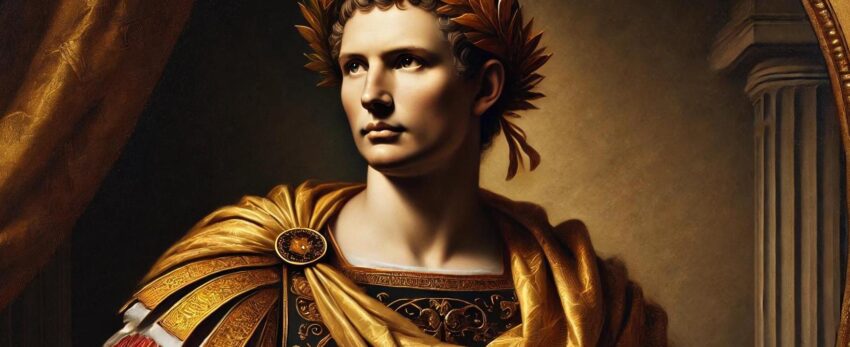Transformation of Roman Republic to Roman Empire
The transformation of the Roman Republic into the Roman Empire was a gradual and complex process, marked by significant political, social, and military changes. This transition, which spanned over a century, fundamentally altered the nature of Roman governance and society.
The decline of the Roman Republic began in the late 2nd century BCE, driven by internal conflicts, social inequality, and political corruption. The Gracchi brothers, Tiberius and Gaius, were among the first to challenge the status quo with their reformist agendas. Their attempts to address economic disparity and redistribute land were met with fierce opposition from the Senate, leading to their deaths and further destabilizing the Republic.
The late Republic was characterized by a series of civil wars and power struggles among Rome’s leading generals. Figures like Marius, Sulla, Pompey, and Julius Caesar used their military successes to gain political power, often bypassing traditional republican institutions. Julius Caesar’s crossing of the Rubicon in 49 BCE and his subsequent dictatorship marked a critical point in the decline of the Republic.
Caesar’s assassination in 44 BCE plunged Rome into further turmoil. The power struggle between his supporters, primarily Mark Antony and Octavian, and his assassins led to the formation of the Second Triumvirate. This alliance temporarily stabilized Rome but soon disintegrated into another civil war. The decisive Battle of Actium in 31 BCE saw Octavian defeat Antony and Cleopatra, paving the way for his sole rule.
In 27 BCE, Octavian was granted the title of Augustus by the Senate, marking the official end of the Roman Republic and the beginning of the Roman Empire. Augustus cleverly maintained the facade of republican governance while holding supreme power. His reign initiated the Pax Romana, a period of relative peace and stability that lasted for over two centuries.
The transformation from Republic to Empire also involved significant administrative and social reforms. Augustus restructured the Roman army, creating a standing professional force loyal to the emperor. He also reformed the tax system, developed infrastructure, and patronized the arts, contributing to Rome’s prosperity and cultural flourishing.
The Roman Empire’s establishment was not just a political change but a profound transformation in Roman identity and governance. The Republic’s fall and the Empire’s rise reshaped Rome’s social fabric, creating a legacy that would influence Western civilization for millennia.
 |
 |
 |


